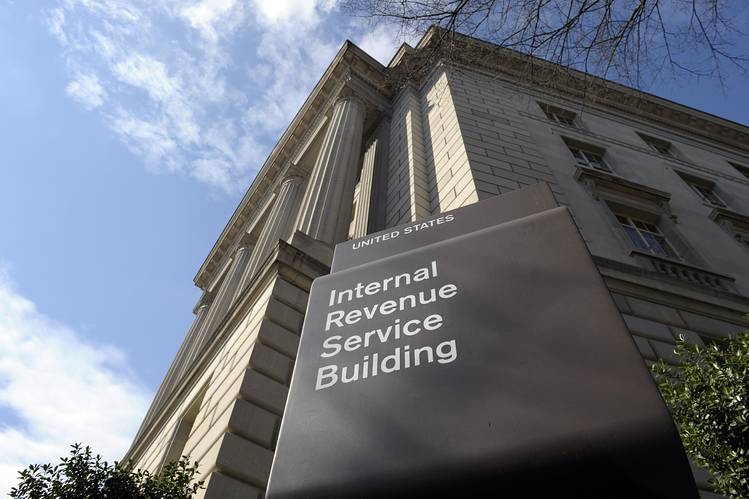The IRS Can Seize Your IRA
I want to use today’s post to clear up a common misconception. Yes, the IRS can seize your IRA or other retirement account. Yes, the great collector is exempt from state laws protecting your retirement account and can take what it wants at any time … unless you take steps to protect yourself.
Specifically, the IRS may seize your Keogh, 401(k), IRA or SEP by sending a letter to your administrator demanding all the cash, up to the amount of taxes, interest and penalties they claim you owe. You have very little recourse to protect your retirement account once the IRS has issued this letter … known as an IRS levy of your IRA. Your administrator will be required to sell all assets under his control to pay the government.
If you wish to get some of the money back, you must prove that the taking of your IRA is going to create a significant and undue economic hardship on you and your family. As someone in the business for many years, I can tell you that this claim usually falls on deaf ears … unless you are going to be homeless and have near zero to pay for food and rent. If you are a person of means, the IRS may take your retirement account at will.
The same goes for ERISA plans, but the IRS may take only the amount that is vested. If you have a right to the money, then the IRS can get to it.
Now, here’s the kicker. When the IRS sizes your IRA, you must pay tax on that money as if it were distributed to you. If the IRS takes $75,000 from you on June of 2015, you must pay tax on that amount as an IRA distribution when you file your 2015 tax return. Obviously, this creates a new tax debt in 2015, but at least the IRS has theirs.
* You don’t need to pay an early withdrawal penalty on the amount the government takes.
You do have options. If you are concerned with the IRS and what might happen in the years to come, you can take control of your retirement account away from your administration. You can prevent the IRS from seizing your IRA by moving it to an offshore LLC and investing it out of the United States.
While it’s illegal to move assets offshore for the purpose of keeping them away from the IRS, you do have a right to seek higher returns and more diversification offshore. You may for an offshore IRA LLC, open bank and brokerage accounts, and invest in more secure assets – primarily foreign real estate and physical gold.
Though, I suggest it is best to take these steps before you owe the IRS. If they are actively coming after your assets, it may be a problem to take your IRA offshore … unless you have a good reason, such as you are going to move to that country. If you are going to retire to Panama, it makes sense to move your IRA to Panama.
Note that the IRS can also seize your account if your foreign bank has a branch in the United States. Putting your IRA in HSBC or Citibank makes little sense if you have a tax issue or are concerned with government interference. If you are going offshore, you should separate yourself from country risk by holding assets in local banks and consider diversifying out of the dollar.
I hope this is helpful. For more information on moving your retirement account offshore, please see my Self Directed IRA page. Feel free to phone or email to info@premieroffshore.com with any questions or suggestions. As always, consultations are confidential.











